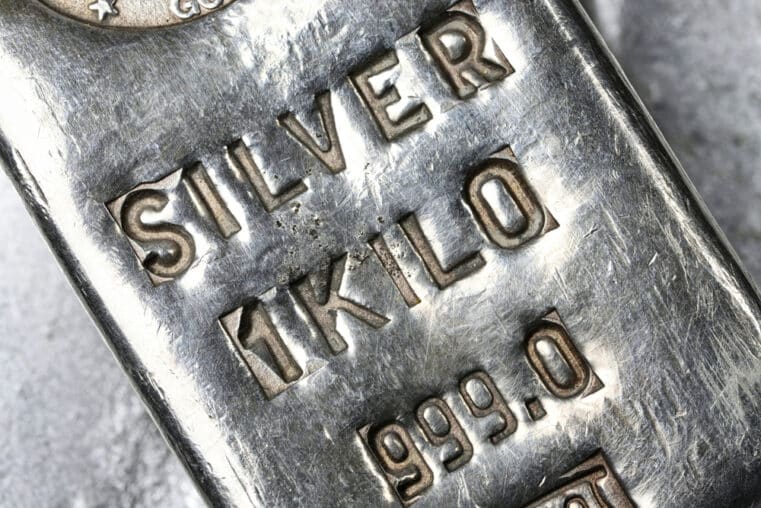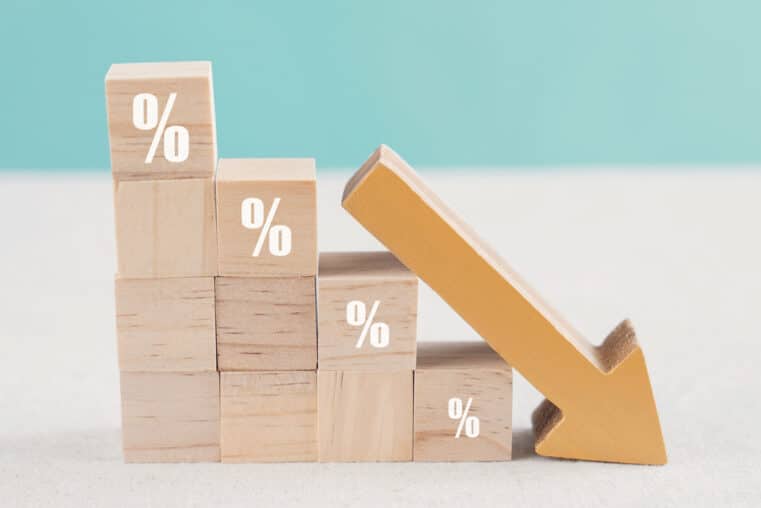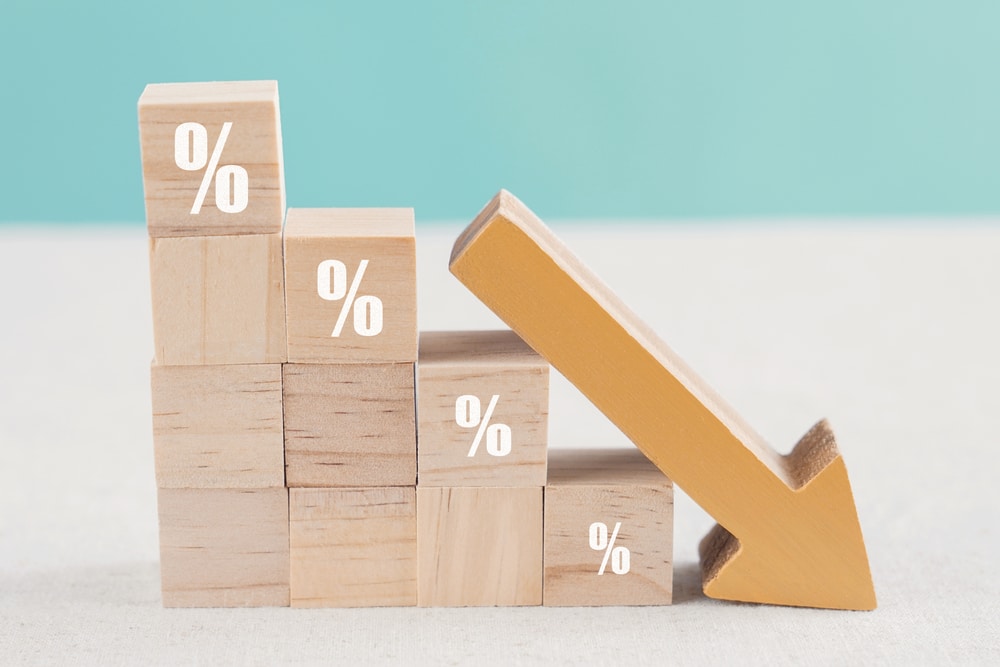
Poland’s Gold Repatriation Not a Good Sign for the Global Economy
Poland’s central bank recently repatriated another 100 tons of gold from the Bank of England. This action follows its repatriation of 126 tons last year and earlier this year, making Poland one of the biggest bullion holders among eastern EU countries and the 22nd largest holder in the world.
The reason for repatriation, according to Adam Glapinski, Governor of the country’s central bank, is that “gold symbolizes the strength of the country,” and that Poland intends on continuing its gold repatriation program should the reserve situation remain favorable.
Glapinski also mentioned that although Poland stands to make billions in profits if it sells its holdings, they have no intention in doing so. According to the World Gold Council, Poland’s gold repatriation, along with that of Serbia and Hungary this year, contributed to a three-year high in gold demand among central banks.
As of the end of October, Poland holds over $121 billion in reserves, a stash that includes gold bullion.
Gold purchases and repatriation has been trending up in recent years. In today’s world where central banks have the capacity to control the money supply, where cash is increasingly becoming digitized, and where digital cryptocurrencies are looking to compete with their fiat counterparts, why are central banks on a buying (or repatriation) spree to collect the seemingly archaic and clunky metal?
Contrary to popular perception, the yellow metal still plays a monetary role despite its defunct status as a “legal tender” means of transaction. Cognitive dissonance may occur when investors think of the taxable status of numismatic coins, for example--they’re treated as “collectibles.” In an investment portfolio, gold tends to get taxed in terms of “capital gains,” recognizing it as an asset for investment, but not as an asset for monetary use. Yet central banks typically don’t treat gold as either collectibles or investments. It goes far beyond that. They treat gold as money, whether or not their country’s legal classification recognizes it as such.
If central banks were to be considered the ultimate monetary authority in their respective countries, then despite whatever status gold is given on a federal level--whether legal tender or not--the central bank has the final say. And based on their current actions, gold is still considered (as it always has been) the ultimate measure of monetary value.
It’s true that prior to 2010, most central banks were selling gold, not buying it. What happened? Why the sudden uptrend in central bank gold purchases?
Take a look at the chart below, based on World Gold Council data.
Notice the surge in gold reserves. Clearly, something happened. One major shift in monetary policy, a change that was implemented by central banks across the globe, was the massive rounds of quantitative easing after 2008.
The implementation of this particular policy round exceeded the range most central banks would consider “business as usual.” It was unconventional, arguably experimental. As so often occurs with long-term experiments, it takes time to fully understand their secondary, indirect, or less-immediate effects.
We’re still waiting to see whether such an experiment worked or not, that is, beyond the immediate effects. It turns out that central banks may be hunkering down as well. How so? They’re purchasing lots of gold as a hedge against the very policies they implemented. They may also be hedging against the dollar, in light of trade uncertainties and slowing global growth.
Investors should note that such an act of accumulation by central banks is no light matter. It often signals an outlook that may be much bigger than what most of the investing public is capable of seeing. When the world’s largest bankers are buying up gold as a safe haven, perhaps investors should think similarly. After all, the only financial professionals who are either telling you not to buy gold or who are trying to minimize gold’s importance are your run-of-the-mill investment advisors and securities fund managers. Taking money away from securities to buy “safety” will take the food off their plate. They’d rather take it off yours.












